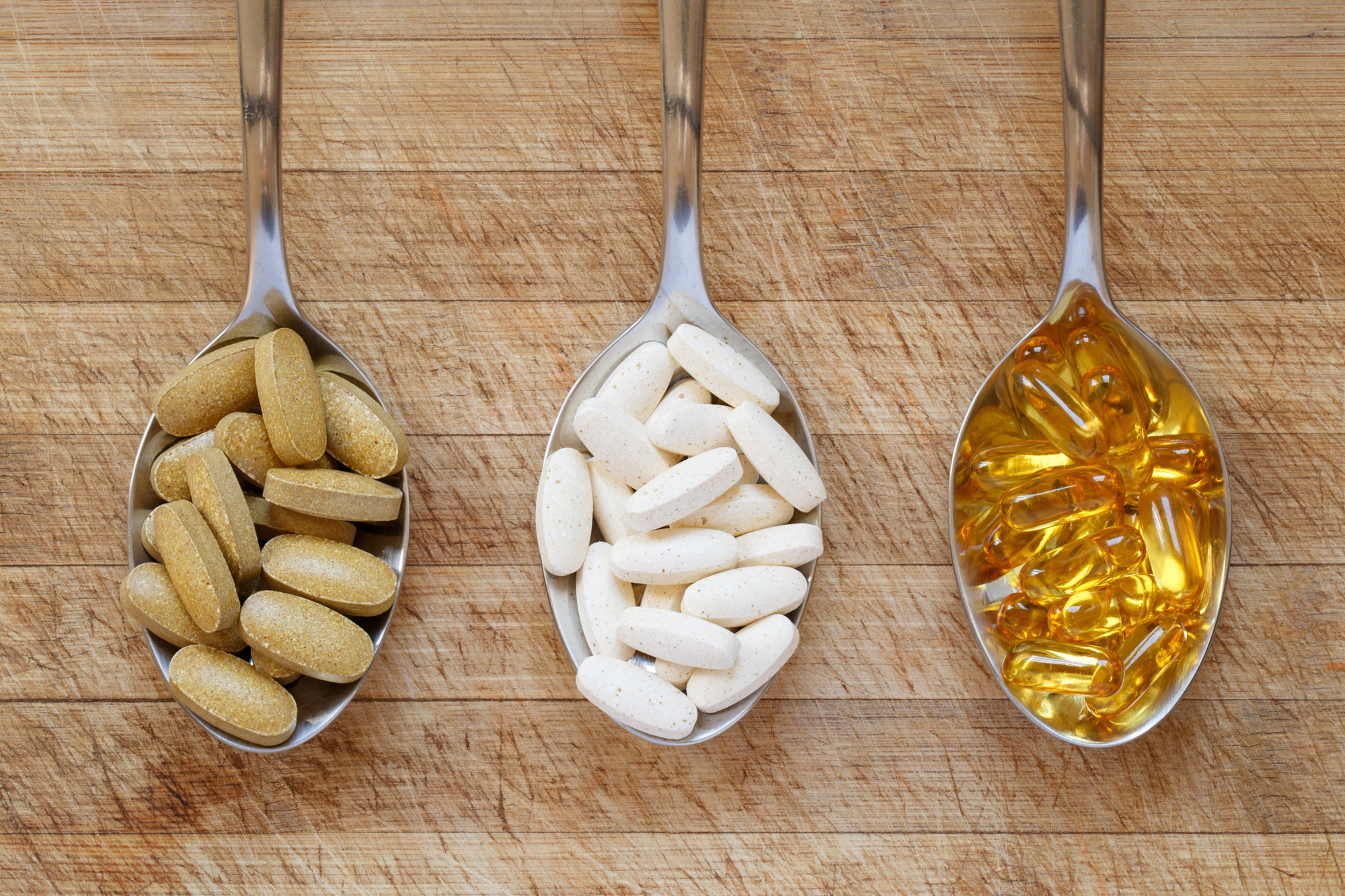People with one or more chronic health conditions are more likely to report frequent memory problems. Even neglecting to get the right vitamins and minerals from your diet can affect your brain health. Memory loss can make it more difficult for you to live independently, impacting your quality of life.
With these brain health vitamins, you can avoid memory problems, even as you age. Read on to discover the best vitamins for brain health today!
B Vitamins
B vitamins (namely B6, B9, and B12) play different roles in improving your brain health. In fact, these vitamins might help prevent dementia.
B vitamins can increase neurotransmitter production. Neurotransmitters are chemicals that deliver messages throughout your body and brain. Unfortunately, your body doesn’t store B vitamins.
Without these vitamins, your risk of memory loss, neurodegenerative diseases like Alzheimer’s, and cognitive decline will increase.
You can find vitamin B in foods like whole grains, fruits, vegetables (leafy greens), and legumes. Vitamin B12, however, is only found in animal products. It can help to take a B vitamin to ensure you’re getting the daily intake your body needs.
As we get older, our intestines can lose their ability to effectively absorb B12. Some medications can interfere with the absorption of B12 as well.
As you review this list of brain supplements, consider consulting a doctor. They can run a blood test to determine if you have a vitamin deficiency. With their help, you can determine which brain vitamins your body needs.
Vitamin E
Vitamin E is an antioxidant. It’s responsible for protecting your cells from damage. Otherwise, free radicals can damage brain cells, leading to cognitive decline.
A vitamin E supplement could slow the rate of cognitive decline if you have dementia.
In fact, there’s some evidence that indicates a diet rich in vitamin E can decrease your risk of developing dementia in the first place. More research is needed, though.
It’s important to note that too much vitamin E could prove harmful. Always consult a doctor before adding new brain vitamins to your routine. You can also add vitamin E to your diet with green veggies, seeds, nuts, and vegetable oils.
Ginkgo Biloba
Derived from the Ginkgo biloba tree, this herbal supplement could help boost your brain power. It works by increasing blood flow to the brain. Taking supplements that contain ginkgo biloba might benefit brain functions like memory and focus.
More than a quarter of Americans between the ages of 50 to 73 regularly take supplements for brain health. For adults over age 74, the figure rises to 36%. More adults are taking ginkgo biloba to maintain and improve their brain health.
Some studies indicate these supplements could reduce age-related decline in brain function. It could improve memory and thinking skills, too. However, more research is needed.
Caffeine
You’re likely already consuming caffeine through tea, coffee, dark chocolate, and other food sources. Caffeine is a natural supplement that stimulates the brain and central nervous system. It can help you feel more alert and less tired.
In addition to helping you feel energized, caffeine could also benefit your brain function. It might improve your memory and reaction times as well.
For most people, doses of 200 to 400 mg of caffeine a day are safe and beneficial.
Avoid consuming too much caffeine, though, which could become counterproductive.
Are you downing coffee to combat brain fog? Consider taking this brain fog quiz to learn more.
Omega-3s
Fish oil supplements contain two types of omega-3 fatty acids: docosahexaenoic acid (DHA) and eicosapentaenoic acid (EPA). Omega-3 fatty acids can improve your brain health.
EPA offers anti-inflammatory properties, which could protect your brain from aging and oxidative damage. DHA, on the other hand, plays a role in maintaining the function and structure of your brain. DHA accounts for about 25% of the total fat found in your brain cells.
Taking DHA supplements can improve:
- Memory
- Reaction times
- Thinking skills
Low levels, on the other hand, could cause a mild decline in brain function.
EPA could improve your mood if you struggle with depression as well.
Taking both omega-3 fatty acids could help reduce the decline of brain function associated with aging.
Ginseng
Ginseng might work as a potent brain booster as well. Though more research is needed, it could help protect your mental skills. Like ginkgo, ginseng is a supplement that hails from Asia.
In addition to improving your memory, ginseng could also prevent degenerative brain diseases like Alzheimer’s from developing. Ginseng offers neuroprotective effects. It could enhance memory, which might indirectly ameliorate anxiety, too.
Resveratrol
Another antioxidant, resveratrol naturally occurs in the purple skin of fruits like grapes, blueberries, and raspberries. It’s also found in peanuts, chocolate, and red wine.
Taking supplements containing resveratrol could prevent the deterioration of your hippocampus. Remember, your hippocampus is linked with memory development. Resveratrol might slow the decline of brain function you experience as you get older.
It might improve your overall brain function and memory, too.
However, there aren’t many human studies looking into resveratrol’s side effects.
Curcumin
Curcumin, which is found in turmeric, is known for its antioxidant powers. Taking curcumin as a supplement could boost your memory. People who take curcumin have fewer abnormal proteins built up in their brains, too.
However, more studies are needed to fully examine how curcumin can benefit brain health.
Add These Brain Health Vitamins to Your Routine
Give your brain health a boost! Consider adding these brain health vitamins to your routine to improve brain function. With these brain supplements, you can slow cognitive decline and maintain a strong memory.
Enjoy the benefits of brain support today!
Searching for more tips? You’ve come to the right blog.
Explore our latest articles today for more tips, tricks, and guides.









